Search Results for Tag: shrew
The 5 hungriest animals
1. The American Pygmy Shrew (Sorex hoyi)
With a pulse clocking in at more than a 1000 per minute, the smallest mammal in North America really needs lots of food to keep its phenomenal metabolism going. Every day it eats three times its own weight. To do so it needs to constantly eat and never sleeps for more than a few minutes. An hour without food would mean certain death. But this high-octane life style takes its toll – the 5 cm long animals typically live barely a year.
2. The Blue Whale (Balaenoptera musculus)
As the largest animal ever to have lived you’d expect the blue whale to be a good eater. 30 meters long and weighing some 170 tons, it eats up to 3,6 tons of krill (a type of plankton) a day. That’s equivalent to a daily intake of 1.5 million Calories – or about 6000 Snickers bars.
3. The Humming Bird (Trochilidae)
With its heart beating up to 20 times a second during hovering flight, humming birds need lots of food to maintain their phenomenal flight engines powering their wings which can flap up to 80 times a second. They eat up to twice their weight in nectar every day making them not only the hungriest birds but the hungriest animals outside the insect realm.
4. The Giant Weta (Anostostomatidae)
With a span of up to 18cm and a weight of 70 grams, this creepy crawly is considered the largest insect in the world. Here’s a specimen that is officially the largest on record – discovered by a former park ranger on new Zealand’s Little Barrier island. And it is very hungry indeed. The news item shows it attempting to gobble up a carrot. The park ranger added: “She would have finished the carrot very quickly, but this is an extremely endangered species and we didn’t want to risk indigestion.”
5. The Star-Nosed Mole (Condylura cristata)
If you are hungry, you want to eat. Quickly. By that measure the star-nosed mole must be one of the hungriest animals around – because it eats faster than any other mammal. It , both, finds and swallows its food typically in less than a quarter of a second. Which is about as fast as you blink.



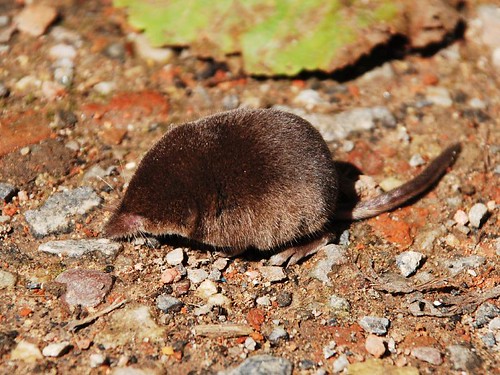
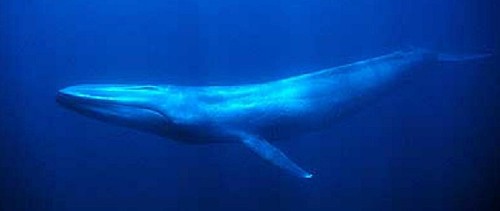
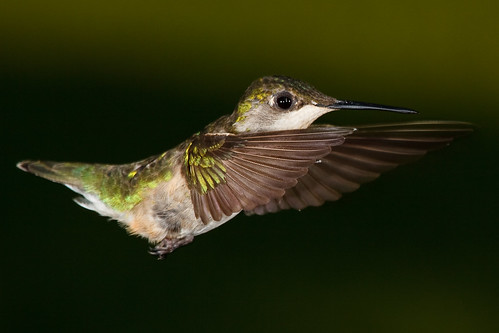
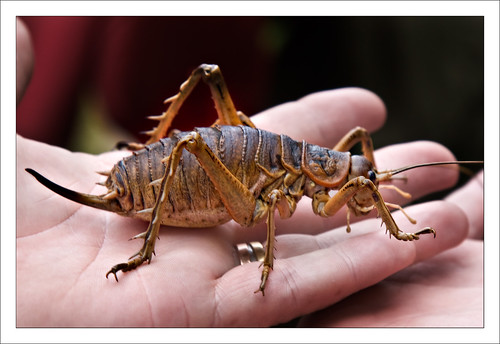
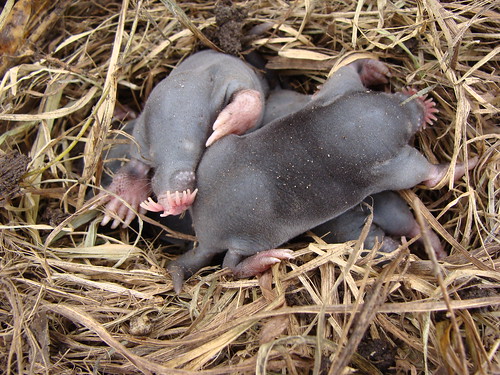

Feedback